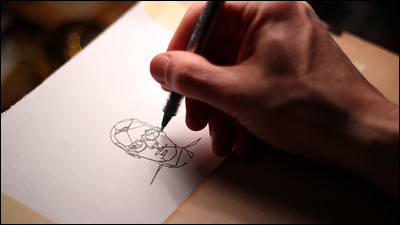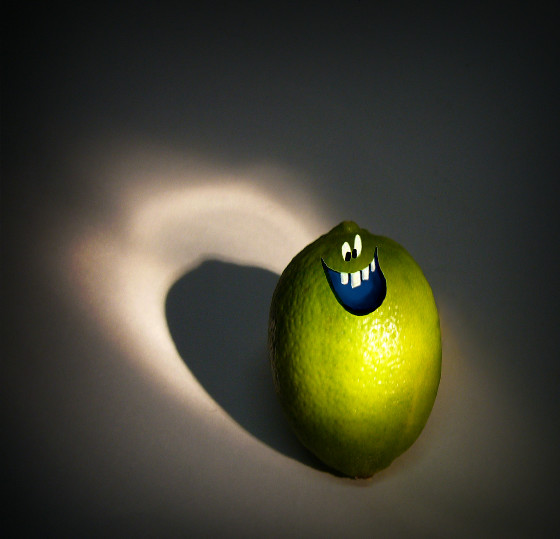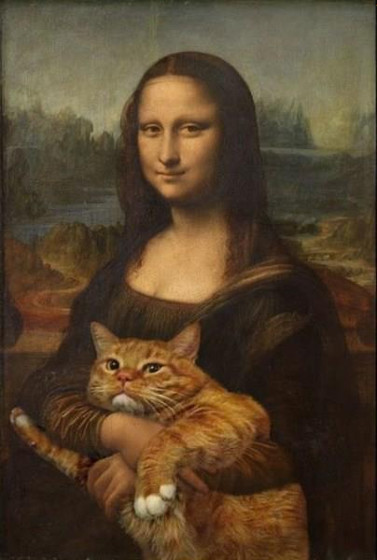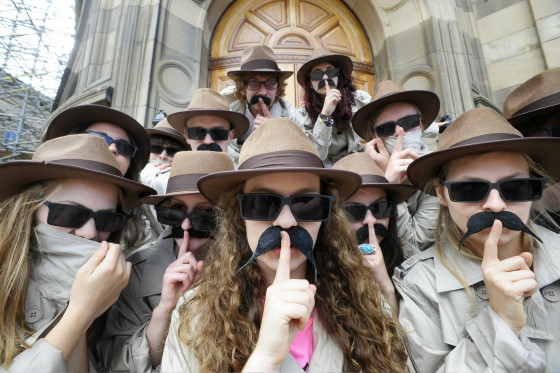Handling of parody works under copyright law changes

ByKyle McDonald
The delineation on whether "parody", a work imitating a work for ridicule or caricature, infringes the copyright of the original work is a legally subtle problem and was frequently contested for a trial . The legal treatment of parody work in foreign countries has been various and in the UK until now, it has been said that "If there is permission of the author of the original work, it is not contrary to copyright", but according to the newly enacted law, parody work There is a change in the handling of.
The Copyright and Rights in Performances (Quotation and Parody) Regulations 2014
http://www.legislation.gov.uk/ukdsi/2014/9780111116029
BBC News - Parody copyright laws set to come into effect
http://www.bbc.com/news/entertainment-arts-29408121
Until now British legislation "Only if author gives permission" It is possible to make parody works without violating copyright, mashup etc. which cuts out the video from television and movies, etc., copyright violation There was a possibility to be sued by. However, according to the law that came into force on October 1, 2014, parodies of existing works and exaggerated cartoonistic imitations will be able to be done legally.

ByKevin Trotman
Then, no matter what parody work is made in Britain's new copyright, it is not saying whether the right holder of the original work can take legal measures, "The only essence of the parody recalls the original work It is possible to appeal to the law to the case where the parody work is "delivering a discriminatory message", as the right holder reveals the difference by clarifying the difference and expressing the humor. "
What is important here is that if a parody work is appealed and fought in a trial, it will be left to the judge whether it is in violation of the law, that is, "judging whether it expresses humor" . However, whether the work is "interesting" or "not interesting" is largely due to the subjectivity of the individual, and Elionora Rosati who works as a consultant of the copyright law says, "Let the judge judge how interesting the work is to the judge In addition to the different judgment depending on the subjectivity of the individual, the work so far has been "humorous and satire" as a result, but from now on it will be "humorous and satirical" It is because it becomes necessary. "

ByMichael Russell
The "parody" which is supposed here is a combination of existing images and combinedmashupYaMADSomething like, or arranging an existing work for comedy touch.
For example, the songwriter Miley Cyrus' s "Wrecking Ball" music video was also subject to parody.
Miley Cyrus - Wrecking Ball - YouTube
Bart BakerMr. "Wrecking Ball" parody movie is popular enough to be played more than 5 million times on YouTube.
Miley Cyrus - "Wrecking Ball" PARODY - YouTube
With the advent of the Internet, "sharing" of the work became possible, people's creativity exploded. The number of parody work also increased along with that, but what is released on the Internet is often withdrawn immediately for legal reasons.
Especially the record company took a tough stance on parody movie. The movie that made R & B singers Alicia Keys and Jay-Z's song "Empire · State of Mind" a parody with Wales Noriyuki was popular on YouTube, but it was deleted by the record company's allegiance, Above booing occurred. But the new law means that the creator's work has been legally protected.
Previous laws have many things to clear when publishing parody works, and some creators who are making parody works say "their expressions seem to be subject to censorship" Even people who speak.
Comedy writer Gureham Linnehan says, "Expression is part of our life, but under the law we had so difficult to make works innocently, even if the owner of the original work parodies Even if there is a possibility of liking it, it was not taken into account under the law so far, we need a way to protect artists. "

ByAmnesty International UK
Related Posts:







